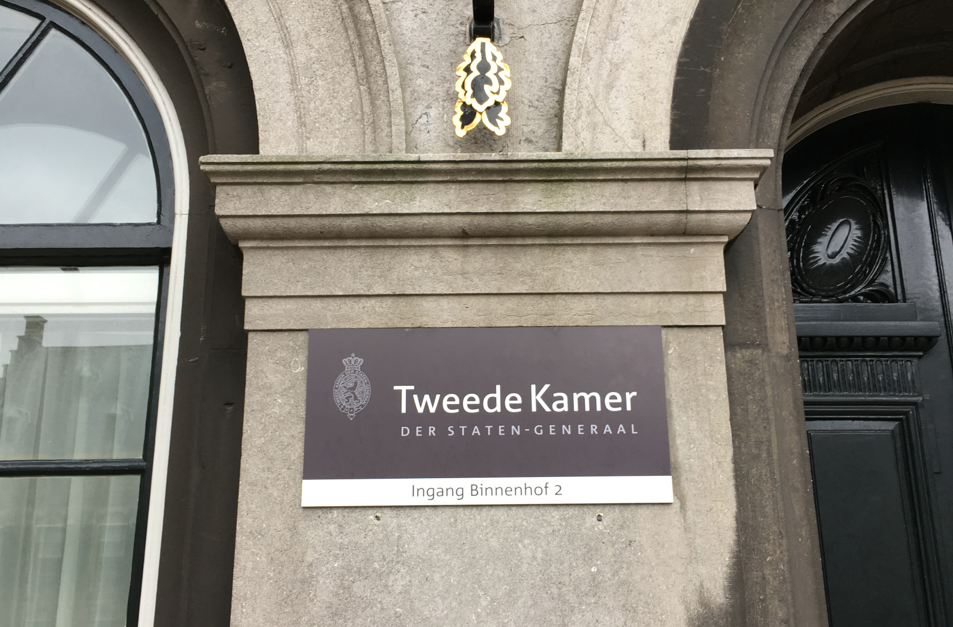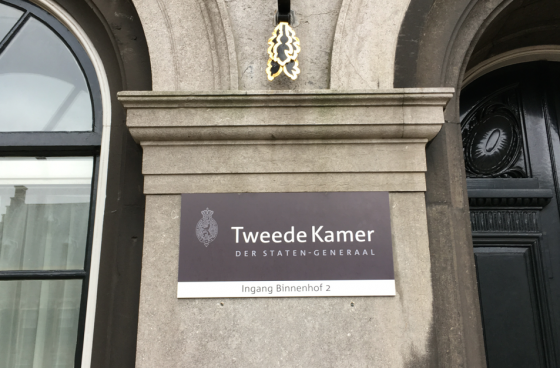Coronavirus law under fire from lawyers, local authorities and the ombudsman


Government plans to anchor the rules for social distancing and other Covid-19 related legal issues in law have been criticised by lawyers, local authorities and the national ombudsman.
Currently the regulations are based on the government’s emergency powers which can be enacted at times of crisis. But legal experts have criticised the lack of legal basis given the length of time the measures have now been in force, and say it may be possible to challenge fines in court.
The government hopes the new rules will come into effect on July 1, but they still have to be approved by both houses of parliament.
The new rules would make it an offence not to keep a ‘safe distance’ from others on the street. They also allow officials to ban people from certain places and from organising events and from practising certain professions. Ministers would also be allowed to make certain hygiene rules compulsory.
The Dutch bar association said in a reaction to the proposals that the law may conflict with fundamental rights set down in the constitution and that ministers would be given a free hand to take far-reaching measures behind closed doors.
Complaints
The national ombudsman Reinier van Zutphen said the draft legislation does not make it clear where people should go if the measures conflict with their own needs and interests.
‘What is this law really going to change for citizens?’ he said. ‘Do people understand what considerations the government is making when limiting their rights. And how is the government to be held accountable.’
Local authorities
The local authority association VNG said that the chain of command between national government, regional safety departments and mayors is too vague in the draft legislation.
‘Local authorities are being given too few options to steer the rules and there is no democratic control at a local level,’ the VNG said. ‘In addition, in the next phase, local authorities should be able to weigh up health, social and economic interests against each other and decide which steps are necessary,’ the association said.
The legislation first has to be looked at by the Council of State advisory body which is expected to report back next week.
Thank you for donating to DutchNews.nl.
We could not provide the Dutch News service, and keep it free of charge, without the generous support of our readers. Your donations allow us to report on issues you tell us matter, and provide you with a summary of the most important Dutch news each day.
Make a donation